
Former President Goodluck Jonathan has blamed the underdevelopment of the Niger Delta on weak political will and the personal ambition of some political office holders.
Jonathan, who spoke in Abuja on Friday at the launch of The Hidden Treasures, a 202-page book written by former Delta State governorship aspirant Chris Iyovwaye, stated that political rivalry and the scramble for power have repeatedly stalled progress in the region.
This was echoed by ex-presidential candidate of the Social Democratic Party, Adewole Adebayo, and former Minister of Information, Prof Jerry Gana, who also highlighted the failure to act on long-standing regional plans as a challenge to the region’s development.
Jonathan, who chaired the event, was represented by his Chief of Staff, Mike Oghiadomhe.
In his address, the former president recalled several abandoned regional economic initiatives that could have boosted the Niger Delta’s growth.
He also traced past attempts to coordinate South-South governors and federal lawmakers on regional development, noting that personal ambition often overshadowed collective interest.
The former president said, “A lot has been said in the past and even now. But when you don’t bring action to it, it will remain a potential. Deep inside here, we can have tonnes of gold, diamonds, and uranium. But it will remain zero until they are mined and brought out.
This book corroborates what we have heard.
“In the past, when I was a deputy governor between 1999 and 2007, we had this same great commission. We used to have meetings of South-South governors. At one point, it was enlarged to include members of the National Assembly, and initiatives were held from state to state.
“But action could not be taken because of competition for power and control of that commission. At one point, everybody in the Niger Delta wanted to be the vice president to an unknown president.
“That was because Obasanjo was president from the South, and the next president was going to come from the North. But nobody knew who he would be. So, everybody started scrambling to become the vice president to whoever was coming.”
Expressing hope in the new revival of the South-South governors’ commission, he warned that only “practical action” backed by political will can rescue the region’s growth prospects.
“Our advice on this occasion is to send a message to them that there is a need for action. And it has to be in practical terms, not just saying it without showing the right political will. They should move further to create the vehicle that will detail the investment opportunities, save up, and market them across the region.
“The Niger Delta is supposed to be the economic hub of this country, with the potential to build the biggest seaport in Nigeria. From the Niger Delta, you can reach every part of the country, particularly the Middle Belt and the North. There is a need to harness our resources at this point in time for proper and physical development.”
Adebayo, in his remarks, described the Niger Delta as a vast, mismanaged economic paradise. According to him, the region is too richly endowed for its citizens to remain poor.
“If there is no Niger Delta, there is no Nigeria. To some, every treasure is hidden because the person is blind. It is believed that some of the treasures in the region are hidden because we have had blind leadership over time.
“In truth, every part of the Niger Delta is brimming with human, material, liquid, and solid resources. So, if you are from the Niger Delta, it will be an oxymoron to say you are poor. It is impossible to be poor in that paradise.
“I come from a family that has 100 years of experience in making fortunes out of the Niger Delta. Most of my uncles and aunties were born there and served in great capacities. That is why we are always grateful to the Niger Delta.
“I also personally went to the region and found my own fortune. That’s because I married my wife from the Niger Delta, and my life has turned for the better since then.”
He added that the region’s wealth “is 18 times more than all the productivity of the United States from 1776 to date,” urging a return to responsible and visionary leadership.
“The author and others like him are sent to us like prophets in our time to remind us that a leadership or generation consumed by appropriating surface wealth, farming out the country’s resources to foreign enterprises, and collecting rent to make big men out of themselves is not the shepherd God sent to this land. This generation will have to turn away from that,” he said.
Gana, who as Information Minister in 1999 conceptualized the Niger Delta Development Commission, said the commission had fallen far short of its founding vision.
“During Obasanjo’s administration in 1999, I was mandated to organize a seminar on the Niger Delta at the ECOWAS Secretariat. It was a very well-attended event that was chaired by the former president of Tanzania, Julius Nyerere.
“He came in person, and papers were brilliantly presented on how we need to proceed with developing the Niger Delta. And we proposed the creation of a Niger Delta Development Commission as a platform to provide important infrastructure.”
But he lamented that the commission has not justified its mandate.
“I must confess that despite the tremendous hope that the meeting generated, I have not been personally impressed by the results of the commission, especially when I see them building primary schools and other minor projects.
“This vision was to transform the Niger Delta into one of the most beautiful places in Nigeria, with excellent infrastructure.”
He urged current managers of the commission to “arise and do something great for the people of the Niger Delta region.”
The Niger Delta, Nigeria’s main oil-producing region, has faced decades of environmental degradation, unemployment, poverty, and infrastructural neglect despite contributing the bulk of the nation’s revenue. Oil spills, gas flaring, and weak regulatory enforcement have devastated livelihoods, while recurring conflict over resource control has deepened instability.
The commission was established in 2000 to drive large-scale infrastructural transformation and address developmental gaps, but it has been plagued by allegations of mismanagement, abandoned projects, corruption, and political interference.
Multiple presidential audits have cited poor project delivery, weak accountability structures, and diversion of funds—leaving the region’s core problems largely unresolved.




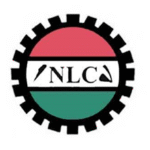



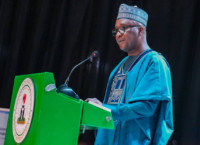
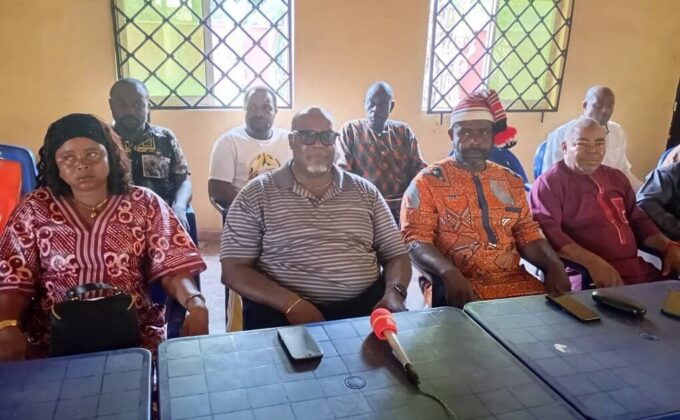
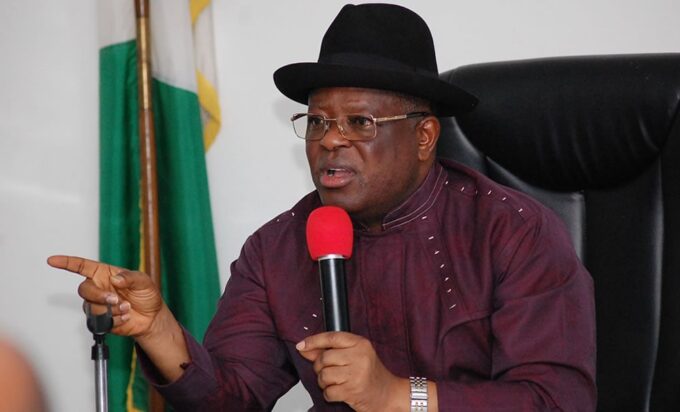
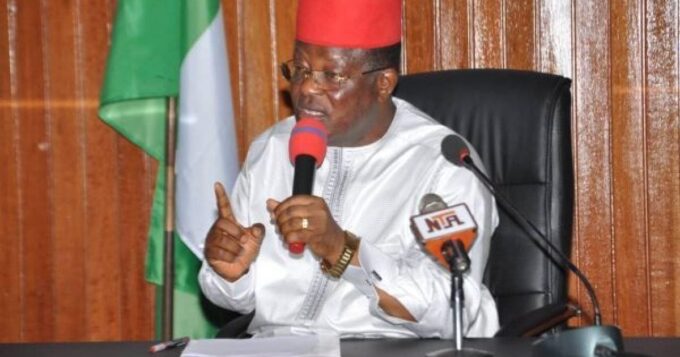



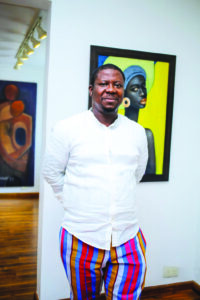

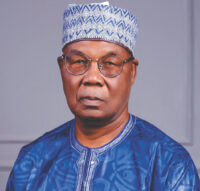
Leave a comment